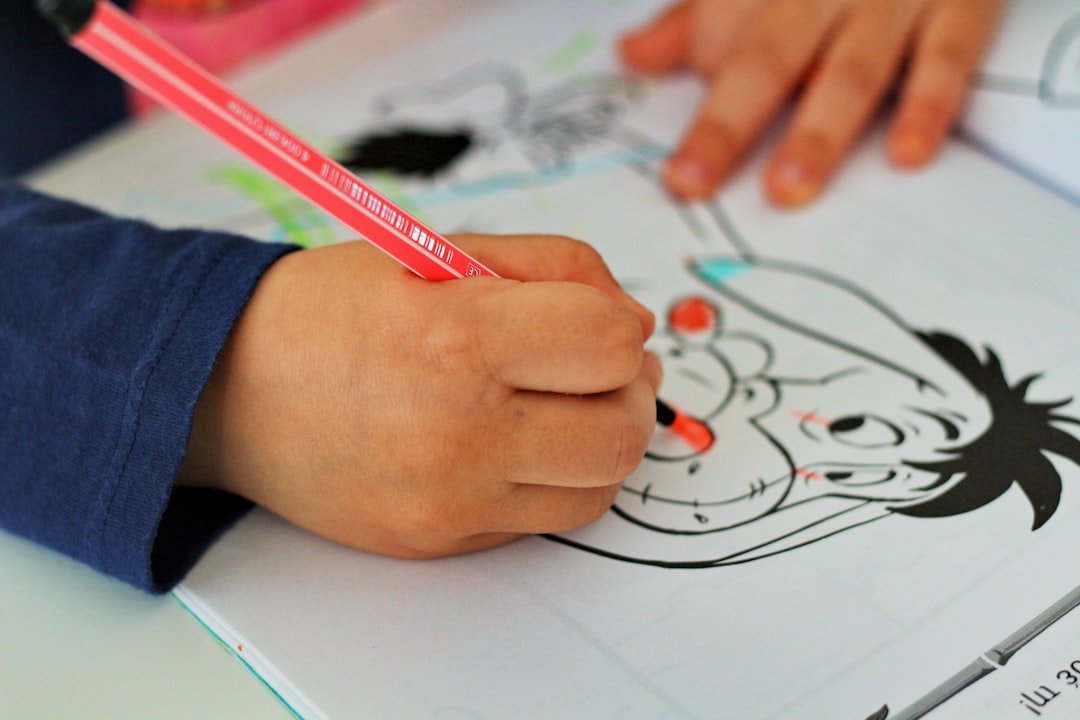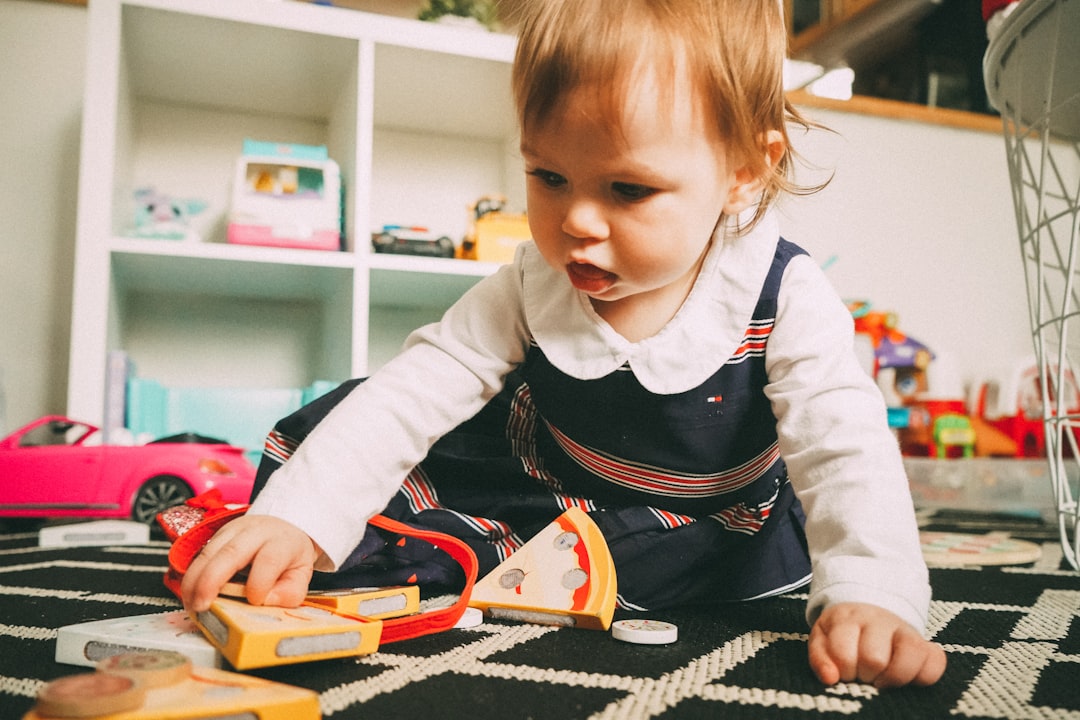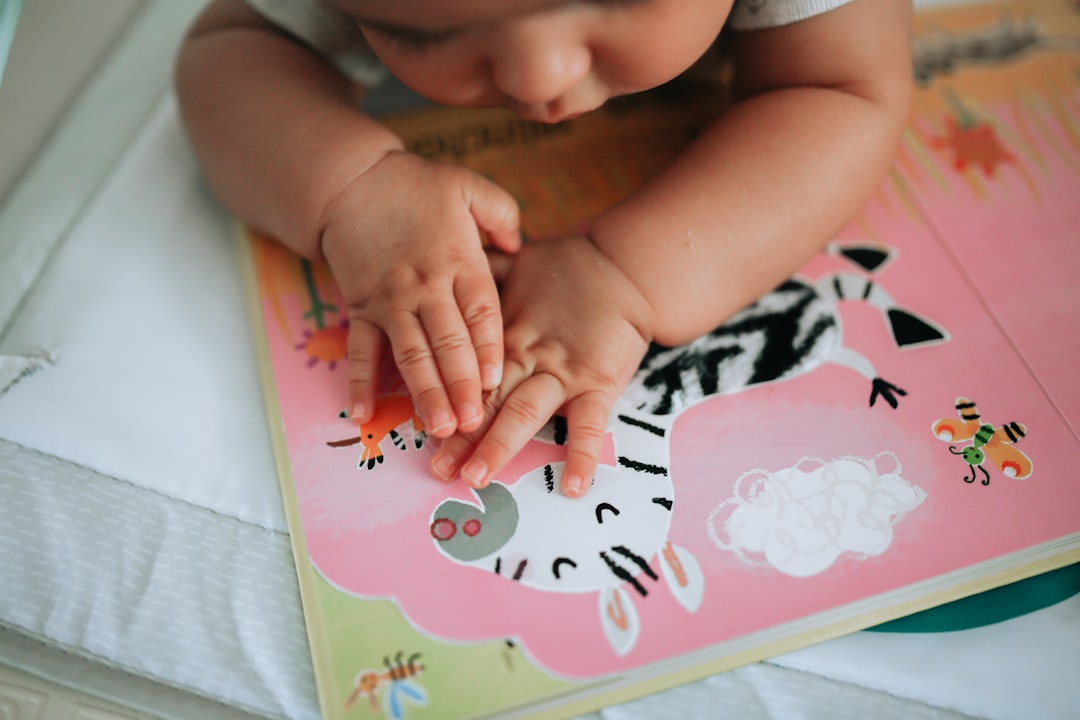Introduction:
The journey of early childhood development is both intricate and fascinating. It lays the foundational stones of cognitive, emotional, and physical growth that define human potential. This article explores the multifaceted aspects of early childhood development, emphasizing how these early years are not just about growth but about setting the pace for lifelong learning and well-being.
The Symphony of Cognitive Development
The Role of Play in Learning
Play is not just a simple activity; it’s the engine of cognitive development in children. Through play, children explore the world, solve problems, and understand complex concepts. Engaging in play allows children to use their creativity while developing their imagination, dexterity, and physical, cognitive, and emotional strength.
Language Acquisition and Early Literacy
Language skills are pivotal in early childhood development, serving as the medium through which children express their thoughts and emotions. The acquisition of language begins at birth and explodes as children are exposed to different sounds, words, and sentences. Early literacy, closely tied to language skills, involves recognizing letters, enjoying storybooks, and beginning to write, setting the stage for future communication skills.
Emotional and Social Milestones
Understanding and Managing Emotions
Emotional development in young children involves learning to understand feelings, both their own and others’. By learning to identify and manage emotions, children develop empathy and social skills. This emotional competence is crucial as it influences their ability to cope with challenges and interact with others throughout life.
Building Social Connections
Social development focuses on how children learn to interact with others around them. From family members to peers at school, these interactions help children learn valuable skills such as cooperation, negotiation, and sharing. Early friendships provide a context for practicing these social skills, which are vital for personal and professional success later in life.
Physical Growth and Motor Skills
Milestones in Physical Development
Physical development in early childhood includes changes in body size, proportions, appearance, and the functioning of various body systems. Motor skills also evolve, from gross motor skills like crawling and walking, to fine motor skills such as drawing and picking up small objects. These developments are critical as they relate directly to the children’s ability to explore and interact with their environment effectively.
The Impact of Nutrition on Early Development
Feeding the Growing Brain and Body
Nutrition plays a critical role in the development of a child. Nutrients like iron and omega-3 fatty acids are essential for cognitive development, while balanced diets support physical growth and immune function. Establishing healthy eating habits during these formative years can set patterns that last a lifetime, influencing overall health and development.
The Role of Caregivers and Educators
Shaping Environments for Optimal Development
Caregivers and educators are pivotal in shaping the developmental environment of young children. The support and stimulation that children receive from adults in these roles significantly influence their cognitive, emotional, and social development. Effective early childhood education programs combine structure and play, offering an environment that is both educational and nurturing.
In conclusion, early childhood development is a complex, dynamic process that lays the groundwork for future successes and challenges. By understanding and supporting this development, we can provide our children with the tools they need to grow into capable, healthy adults.






